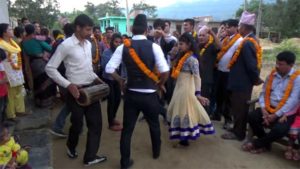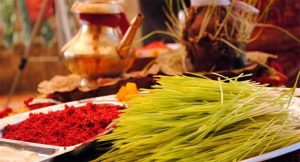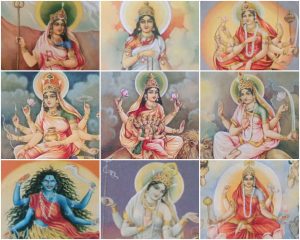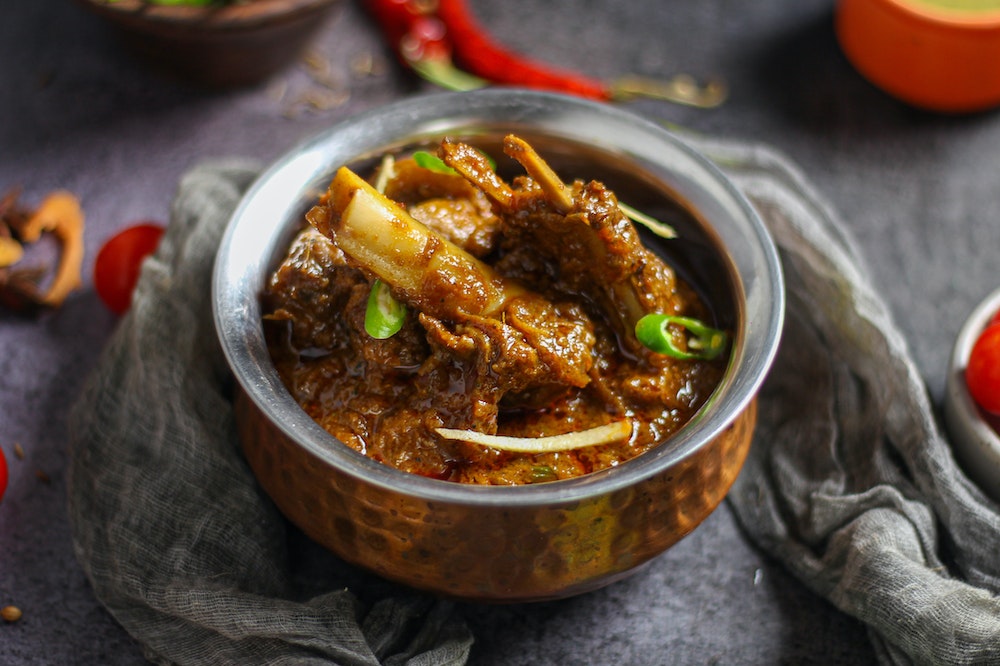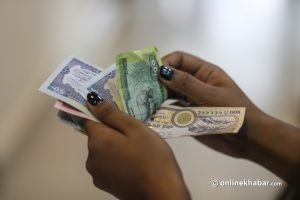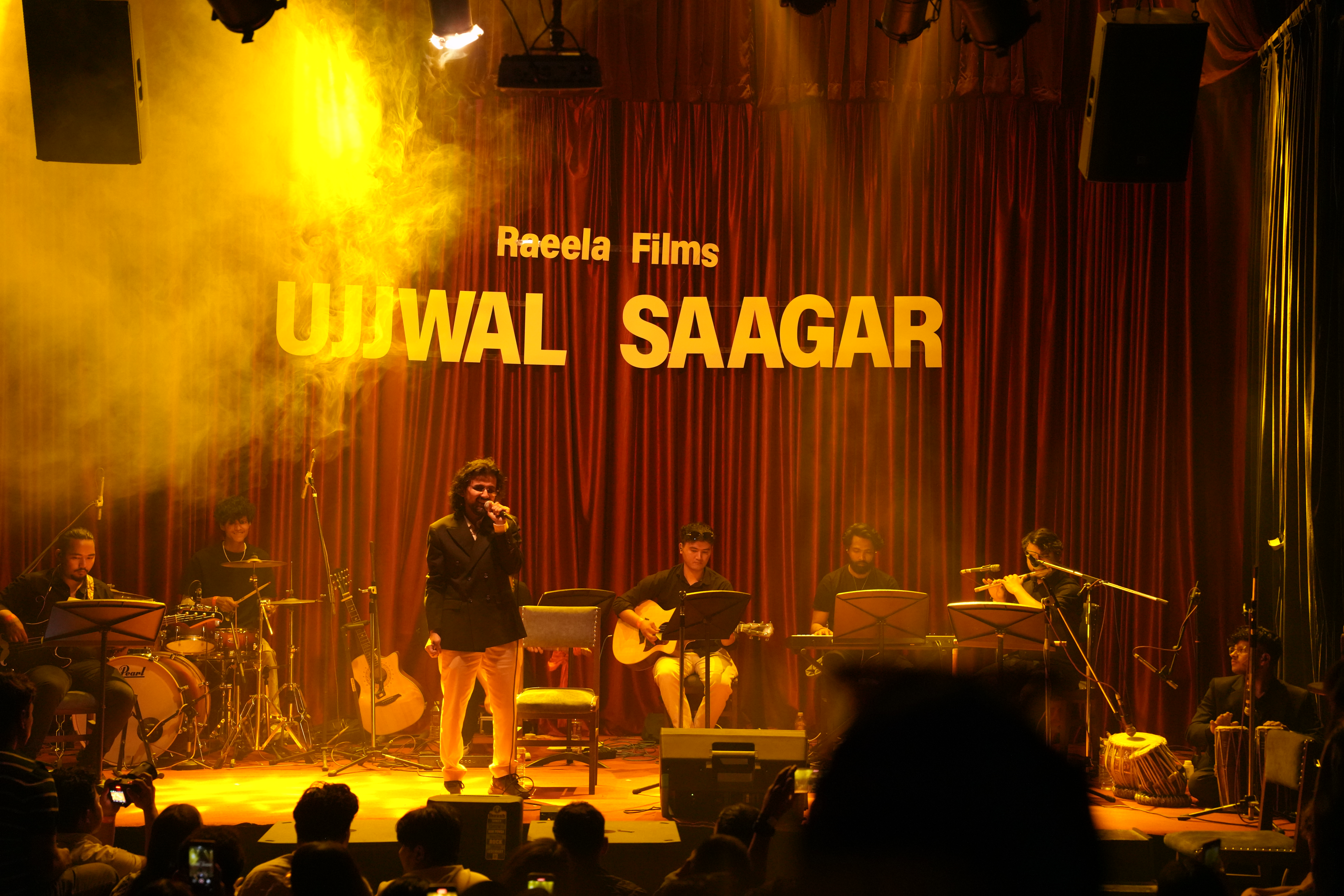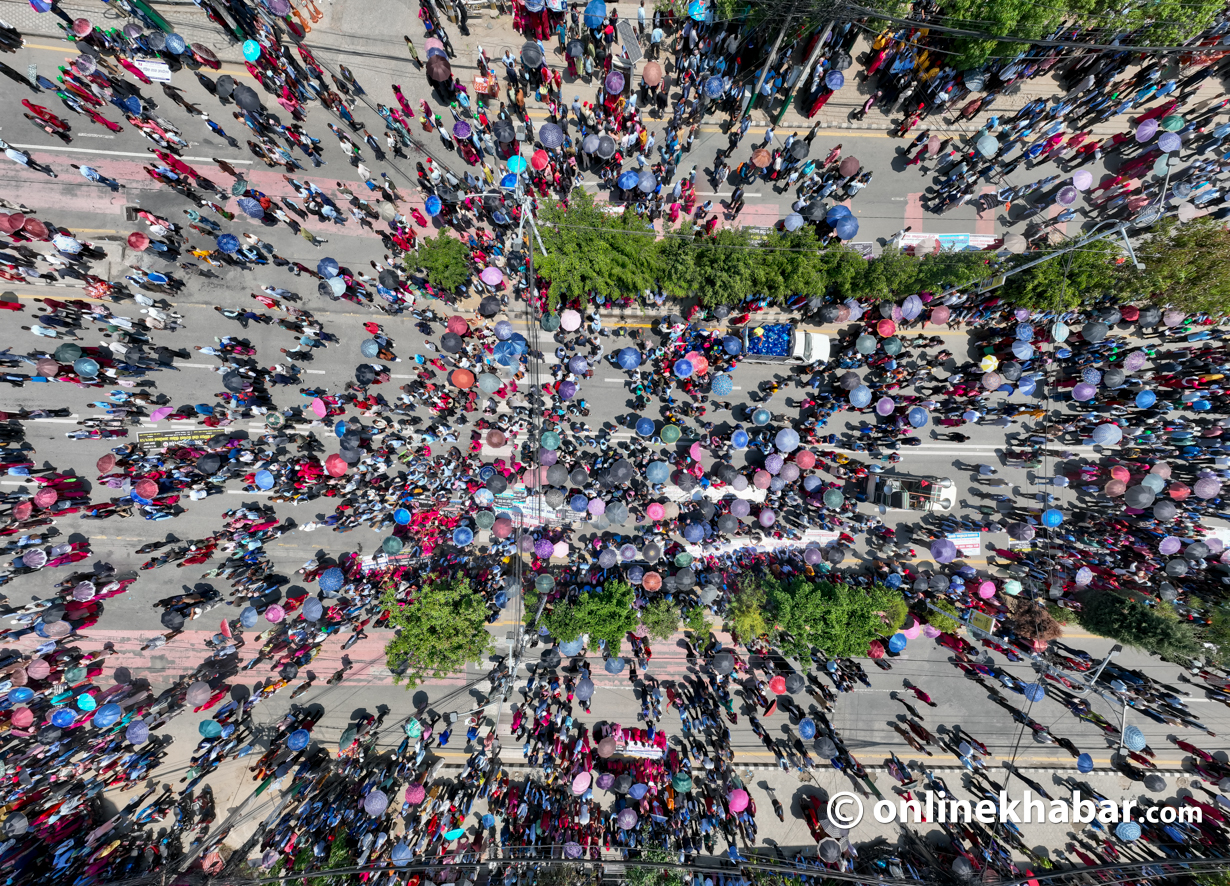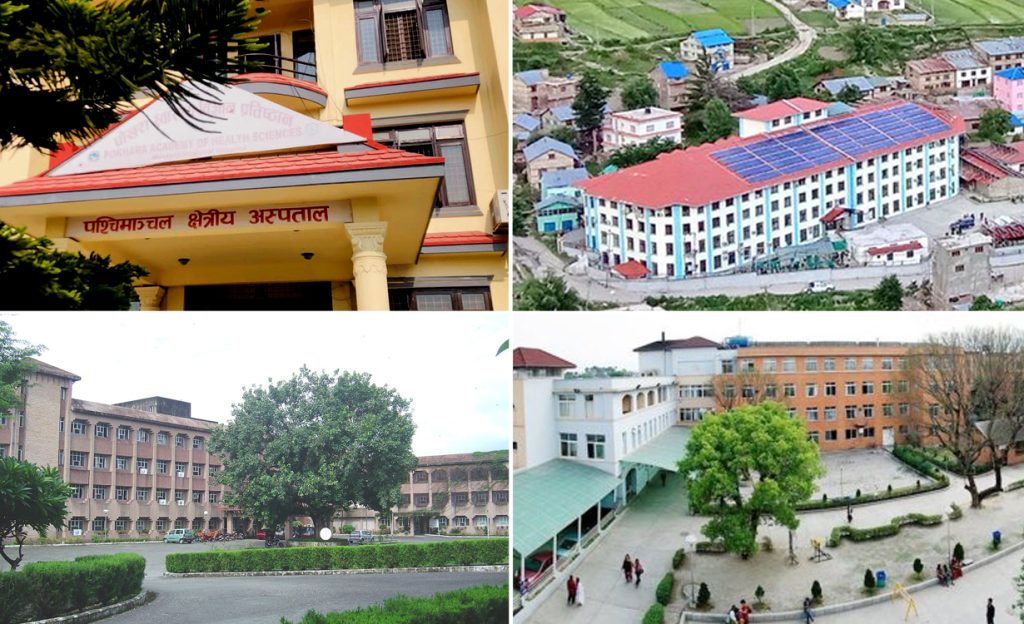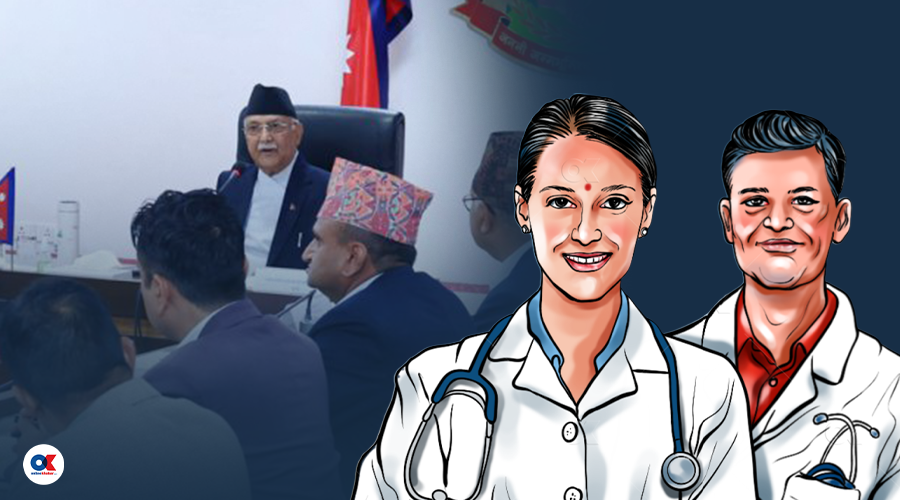
If there is one thing that takes back Nepal’s famed young actor Najir Husen to his childhood, it is Dashain, apparently the biggest festival for Nepalis.
While many people consider Dashain to be a Hindu festival, Husen, an inborn Muslim, thinks talking about his childhood would be incomplete without mentioning Dashain, highlighting how Nepali communities are living in co-existence and each other’s culture is contributing to it.
Dashain in his life

Dashain is the biggest festival in Nepal and every Nepali has some sort of memory related to Dashain regardless of whether they celebrate the festival. The influence of one’s surroundings cannot be neglected and usually one adapts accordingly.
Actor Najir Husen, though being from the Muslim community, enjoys Dashain to the fullest. Moreover, his mother being from a Hindu household too let him enjoy the festivity.
Reminiscing about his childhood days, Husen shares, “Dashain always takes me back to my childhood memories. As the Mangal Dhun (Malashree) starts playing, my memory takes me to Syauli Chok in the Bara district.”
According to Najir Husen, the small shops, paddy fields, children playing carelessly, swinging, and the weather all come flooding into his memory during the time of Dashain.
“During Dashain, people gather and have fun as there is a long holiday. And, relatives and friends visit each other’s houses. All these aspects of Dashain make it one of the most awaited festivals,” he says.
Some interesting memories

When Najir Husen was young, he did not use to have money to buy kites and wooden spools. So, he would tear some pages from his exercise books and glue them together with bamboo sticks and thread. Then, for the spool, he used to pin a thin bamboo stick inside the sole of his rubber sandals.
“We used to run towards the place where there is wind to fly the kite. But, it was useless as our kite wouldn’t fly well. While we run holding the spool, only bamboo sticks would remain at the end and not traces of our kites,” shares Husen.
Being from the Muslim community, Dashain was not celebrated in Najir Husen’s house. But since the mother was a Hindu, it was the biggest fanfare in his mamaghar, the maternal uncle’s house.
“We used to go to mamaghar to celebrate Dashain. Even though our family would not celebrate, they would give us new clothes. It was a different feeling when you would go to your maternal uncle’s house wearing new clothes,” he says, “I would wait long for the dakshina. I used to get around Rs 15, which was a huge amount for a kid.”
With that money, Najir Husen remembers that he used to play dice games and marbles with his friends.
“Then, we would go to see the celebrations of the village. We used to have fun, travel, eat delicious food and play with friends. We used to think that Dashain would never finish,” an emotional Husen says, “Now that Dashain is coming, I remember my mother. It has been 10 years since my mother passed away. I remember her more during Dashain.”
This story was translated from the original Nepali version and edited for clarity and length.





